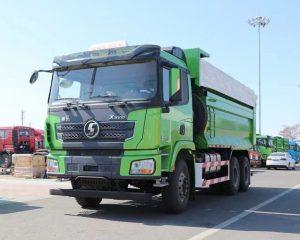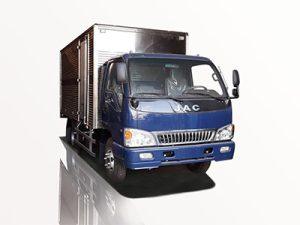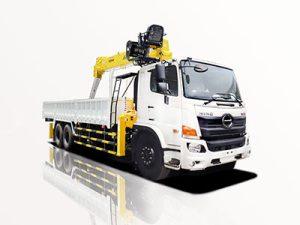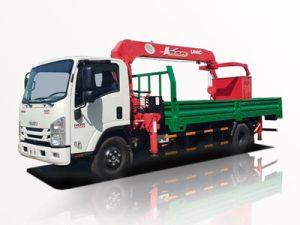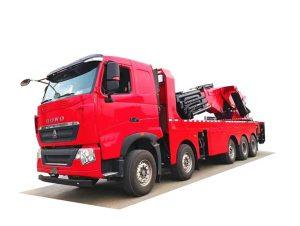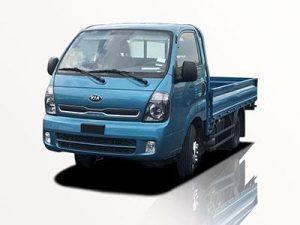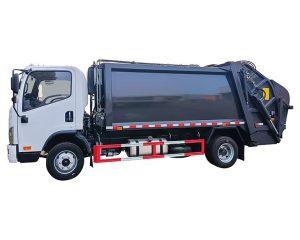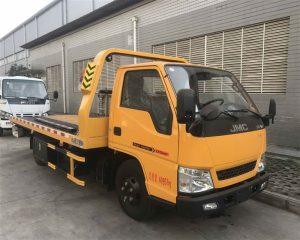Monday to Saturday - 8:00 -17:30
Understanding Front Loader Waste Trucks: A Comprehensive Guide
Introduction
Front loader waste trucks are essential vehicles in municipal waste management and commercial waste collection. Their unique design allows for efficient loading and transport of solid waste, making them a preferred choice for many disposal services. In this article, we’ll dive into the features, benefits, maintenance, and operational tips associated with front loader waste trucks. By the end, you’ll have a thorough understanding of their role in the waste management industry and how to optimize their use.
What is a Front Loader Waste Truck?
Definition and Design
A front loader waste truck is a type of refuse collection truck that features a hydraulic loader system situated at the front of the vehicle. This mechanism is designed to lift and dump waste containers into the truck’s hopper efficiently.
Components of a Front Loader Waste Truck
The key components of a front loader waste truck include:
- Hydraulic system
- Chassis
- Container lift mechanism
- Hopper
- Compaction system
- Driver control station
Benefits of Using a Front Loader Waste Truck
Efficiency in Waste Collection
Front loader waste trucks allow for quicker pick-up due to their operational design. The driver can lift and empty containers with minimal manual effort, significantly speeding up the collection process.
Higher Storage Capacity
These trucks are designed to accommodate a large volume of waste, leading to fewer trips to disposal sites. This can reduce fuel costs and operating time.
Enhanced Safety Features
Front loader trucks often come equipped with advanced safety features, such as rear-view cameras, stable hydraulic systems, and reinforced structures to ensure the safety of both the operator and pedestrians.
Types of Front Loader Waste Trucks
Standard Front Loader Trucks
These trucks are used for urban waste collection, designed to handle residential and commercial waste containers.
Heavy-Duty Front Loader Trucks
Heavy-duty models are built to tackle larger loads, often used for industrial applications or large scale commercial waste management.
Lightweight Front Loader Trucks
Lightweight models are ideal for smaller waste collection tasks or municipalities with limited budgets.
Choosing the Right Front Loader Waste Truck
Considerations for Selection
When selecting a front loader waste truck, consider:
- Waste volume and types
- Route geography
- Budget constraints
- Maintenance requirements
Popular Brands and Models
There are several reputable manufacturers in the front loader waste truck market:
| Brand | Model | Key Features |
|---|---|---|
| Peterbilt | 320 | Mid-engine design, strong lifting capabilities |
| Freightliner | M2 106 | Fuel-efficient, compact size, easy maneuverability |
| International | MV Series | Durable, versatile for diverse applications |
Operational Tips for Front Loader Waste Trucks
Training for Operators
Proper training ensures safety and efficiency. Operators should familiarize themselves with the vehicle’s controls, safety features, and maintenance points.
Best Practices for Route Planning
Map out waste collection routes to avoid delays. Use technology such as GPS tracking to optimize performance.
Maintenance of Front Loader Waste Trucks
Regular Maintenance Schedule
Establish a routine maintenance schedule that includes:
- Weekly inspections of hydraulic fluid levels
- Monthly checks for tire pressure and wear
- Annual comprehensive reviews by certified mechanics
Common Maintenance Issues
Be aware of potential issues such as hydraulic system leaks, engine performance problems, and wear in compaction systems. Addressing these promptly can extend the vehicle’s lifespan.
Environmental Impact and Regulations
Compliance with Local Regulations
Front loader waste trucks must adhere to local environmental regulations. Be familiar with the emissions standards and disposal practices in your area.
Reducing Environmental Footprint
Consider using alternative fuel options, such as compressed natural gas (CNG), or explore electric models to reduce the carbon footprint.
Cost Analysis of Front Loader Waste Trucks
Initial Purchase Cost
The price of a front loader waste truck can vary depending on size and specifications. Expect costs to range from $200,000 to $350,000.
Operational Costs
Consider fuel, insurance, maintenance, and potential downtime. Efficient route planning and regular maintenance can mitigate these costs.
Future Trends in Front Loader Waste Trucks
Technological Innovations
Innovations such as automated loading systems, improved telecommunications, and telematics integration are set to enhance the efficiency and safety of front loader waste trucks.
Sustainability Efforts
The push for greener technologies is influencing manufacturers to develop more eco-friendly waste collection solutions. Expect to see advancements in electric front loader waste trucks in the coming years.
FAQs
What is the average lifespan of a front loader waste truck?
Typically, a well-maintained front loader waste truck can last between 10 to 15 years, depending on usage and maintenance.
What type of waste can front loader trucks handle?
Front loader trucks are designed primarily for solid waste, including residential garbage, commercial refuse, and industrial waste.
How often should front loader waste trucks be serviced?
A regular maintenance check should happen monthly, with an annual comprehensive review by professionals.
Are front loader waste trucks suitable for all types of terrain?
While they are designed for urban and suburban environments, heavy-duty models can handle more rugged terrains with proper routing.
Can front loader waste trucks be customized?
Yes, many manufacturers offer customization options to fit specific operational needs, including different container sizes and additional safety features.
What safety features should I look for in a front loader waste truck?
Look for features such as rear-view cameras, stable hydraulic systems, reinforced frames, and comprehensive operator training programs to ensure maximum safety.


